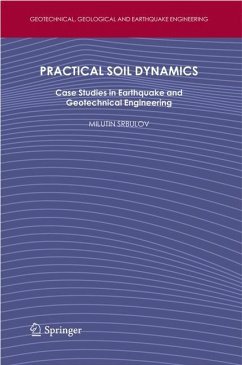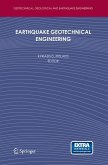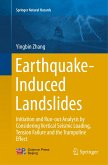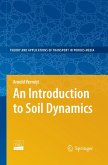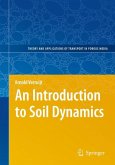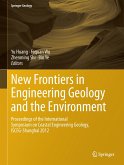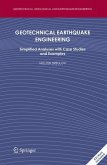The objective of this book is to fill some of the gaps in the existing engineering codes and standards related to soil dynamics, concerning issues in earthquake engineering and ground vibrations, by using formulas and hand calculators. The usefulness and accuracy of the simple analyses are demonstrated by their implementation to the case histories available in the literature. Ideally, the users of the volume will be able to comment on the analyses as well as provide more case histories of simple considerations by publishing their results in a number of international journals and conferences. The ultimate aim is to extend the existing codes and standards by adding new widely accepted analyses in engineering practice.
The following topics have been considered in this volume:
- main ground motion sources and properties
- typical ground motions, recording, ground investigations and testing
- soil properties used in simple analyses
- fast sliding in non-liquefied soil
- flow of liquefied sandy soil
- massive retaining walls
- slender retaining walls
- shallow foundations
- piled foundations
- tunnels, vertical shafts and pipelines
- ground vibration caused by industry.
Audience:
This book is of interest to geotechnical engineers, engineering geologists, earthquake engineers and students
The following topics have been considered in this volume:
- main ground motion sources and properties
- typical ground motions, recording, ground investigations and testing
- soil properties used in simple analyses
- fast sliding in non-liquefied soil
- flow of liquefied sandy soil
- massive retaining walls
- slender retaining walls
- shallow foundations
- piled foundations
- tunnels, vertical shafts and pipelines
- ground vibration caused by industry.
Audience:
This book is of interest to geotechnical engineers, engineering geologists, earthquake engineers and students

